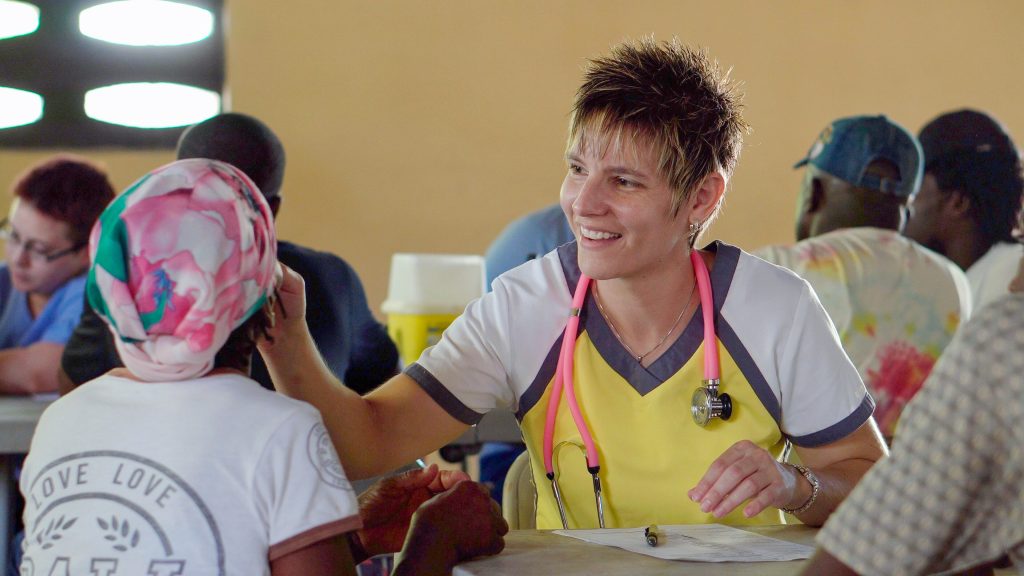Ronald Reagan once said, “We can’t help everyone, but everyone can help someone.” At the core of almost every human being is the innate desire to help those who seem helpless, defenseless or lost. Our hearts yearn for peace, and they seek out justice because we were created for it. No wonder the United States has been listed by the World Economic Forum as the most generous humanitarian country in the world. People love helping.
When it comes to the body of believers, it no longer becomes about whether or not we feel like helping, but rather we are commanded in Scripture to help those in need. We have also been called, by Jesus himself, to share the Gospel across the globe. It was precisely this that led 19-year-old Renee Bach, originally from Bedford, Virginia, to Uganda. Her mission was to help the malnourished.
Bach, now in her 30s, was sued last year by the Ugandan government for the deaths of hundreds of children. The lawsuit claimed that Bach, through her non-profit Serving His Children, impersonated a medical professional and was treating children for things she had never been trained to do. All the while, she was claiming this was a call from God.
Although we cannot determine whether or not this is true, or whether or not this was the Lord’s call on her life, we can determine what happened. The truth is this: under her care, out of the 940 children she took in from 2010 to 2015, 105 of them died. Was this truly her fault or not? At this point, the suit has been settled, so if it was or not does not really matter. What does matter, though, is preventing this from happening again. In order to do that, we must determine why it happened in the first place.
Bach went to Uganda as a lone wolf. She raised support through her blog posts, many which were exaggerated accounts of what was actually going on where she was. She wasn’t backed or sponsored by any missionary agency, organization or local church in the U.S. This isn’t the biblical way to do missions. Successful and God-honoring mission work requires accountability.
Many times, Christian individuals forget that when it comes to missions, people’s souls are at stake. In this case, not only did Bach’s efforts result in the physical death of children, but also a tarnished view on missions. The mission-minded life that Christ calls us to in the Scriptures is not intended for self-elevation, but rather to point others to the only savior.
If believers are held accountable by their pastors and by their local churches, why shouldn’t missionaries have to give account? An article published by Church Leaders said it well: “Missionaries need accountability, too. They aren’t freelance ministers. They are covenantal partners with the local sending and supporting church.” Even the apostles, who saw Jesus face to face, understood how important it was to be accountable to others. In many of his epistles, Paul writes to the churches and gives an account as to what he had been up to as he shared the Gospel. Accountability on the field is crucial, and it is the best way to keep things like what happened to Bach from repeating.
When incidents like this happen, it is easy to begin pointing fingers, but the truth is, we should all take responsibility. The church is not to blame for Bach’s poor choices, but the church must realize that its role in the life of a missionary is almost as important as the missionary itself.
Darren Carlson reminds us in his article for the Gospel Coalition of a very important truth: “Renee Bach’s story is our story, the story of American individualistic missions, where we become the heroes. It’s not her fault. It’s ours.”
Let us remember that living a mission-minded life is more about sharing Jesus than about fulfilling our own desires to help those we believe need us.
Rosa Elias is a Social Media Manager. Follow her on Twitter at @rosaeliasnajri.
